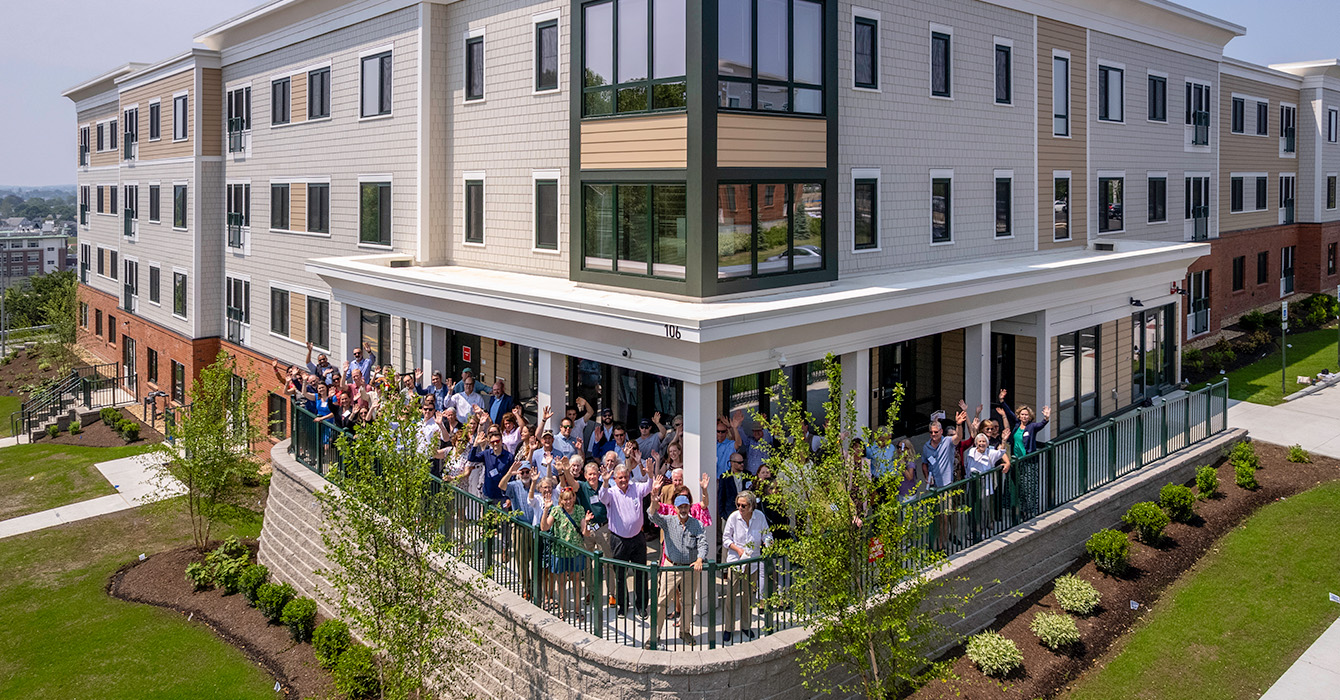Tim Keller, pastor of Redeemer Presbyterian Church in New York, has written,
“As a pastor I’ve had people come to me to confess that they struggle with almost every kind of sin. Almost. I cannot recall anyone ever coming to me and saying, ‘I spend too much money on myself. I think my greedy lust for money is harming my family, my soul, and people around me.’ ”
The significance of Keller’s church location is telling. It’s near Wall Street’s financial services corporations which drove the financial meltdown of 2008. Christians are found among these executives. Yet no one felt the need to confess.
On a recent trip to east Africa, far from the heart of western capitalism but at the new heart of Christianity, I wondered if I would find a place less marked by the rampant greed I’d witnessed in America. No such luck.
Uganda is one of the most beautiful countries in Africa. 84% of the population is Christian. There, business is a new pleasure. There is peace again for the first time in 23 years. Does Christianity there change how people deal with greed?
I asked Father Joseph Kakooza-Nnyanzi, a senior Roman Catholic priest stationed just north of Kampala, if he’d ever had someone confess to the sin of greed.
No. He had not.
Was it because he doesn’t know many people?
No. Father Joe, a priest of friendly mien and ready laugh, has lived in the Luweero parish for 2o years. He built major components of the school and health systems in the area and dug wells that gave water to more than 10,000 people. Three thousand people had just come to celebrate his priestly silver jubilee at a five-hour Saturday morning mass where 300 babies were baptized.
Was it because greed is a small sin?
No, explained Father Joe, his face turning serious. Greed is a mortal sin. It is a big sin, and greed kills, literally. It had been killing people in Uganda that year. He told me witchdoctors had sacrificed scores of children, promising riches to their parents. He said with great distress that a typical case would have a child sacrificed so his parents could have a larger building in Kampala, Uganda’s capital city.
While in Uganda I saw a poster in a school that said, “What NOT to do with children.” The recommendations included one cartoon showing child sacrifice with a big X over it. During a visit to the L’Arche community with the disabled in Kampala, I met a child who had been the victim of a failed child sacrifice.
What is going on?
Thomas Aquinas said of greed: “It is a sin directly against one’s neighbor, since one man cannot over-abound in external riches without another man lacking them. . . it is a sin against God, just as all mortal sins, inasmuch as man condemns things eternal for the sake of temporal things.”
Another Ugandan Catholic priest, Emmanuel Katongole, adds that greed begins when we forget who we are. Our identity is formed in our baptism. Our identity does not come from material possessions that never really satisfy. Katongole gently urges that we step out of the urgency of today and go back to the beginning. “In the beginning. . .” It’s where many good stories start. Certainly the “In the beginning. . .” where God created us and called us his beloved.
In these past few years we have seen the American crisis, the Euro crises, the Asian financial crises, and there is no end in sight. We are going to continue to have these because we make excuses for bad behavior:
“You can’t buck Wall Street.”
“Once I get my beach house, I’ll call you and we can discuss it.”
“It’s time for us to eat at the government’s table.” (A Ugandan political campaign seeking patronage jobs for one tribe.)
And the most disturbing in that a sign even had to be made.
As we renew our own businesses, seek economic stability, and send new products into the global marketplace, may we remember to be kind to each other by holding each other accountable about who we are and when we are deluding ourselves about greed. Confessing that sin to one another or to a pastor may help bring a future that makes more of all of us.
Allegra Jordan is an executive director of Leadership Education at Duke Divinity.







